The following is another story by Robert F. Knapp (1913-1994) about his childhood growing up in Marinette County in the northeastern corner of Wisconsin, in the logging camp town of Taylor Rapids, just south of Goodman. The events in this story happened circa 1925.
In Marinette County, Wisconsin, there are hundred of acres of sand plains. The only trees that grow there are Stunted Oaks, Jack-pines, with a scattering Norway pines here and there. The rolling hills all look very much alike. Sweet ferns grow, and prosper well, on the dry uncultivated soil. Pony grass, that seldom got over a few inches high covered much of the plains. Cranberry and blueberry marches were scattered here and there. Some small timber grew in those marshes. Scrubby cedars, and tamarack seemed to be the only trees of any size. A great country for bear, deer, and wolves. Bear enjoyed the blueberries in the fall. Deer got fat on the pony grass, and were able to hide in the cedar swamps.
Our school teacher, who was a great hunter, had killed a deer close to one of these swamps. It was too heavy for him to drag out by himself, so he got my younger brother and I to go with him. We were to help pull the deer out to his car. We had left the car about two miles from where the deer had been killed. There was no road way in to where the animal had been shot.
It was late afternoon when we left home to go after the deer. Neither my brother Wayne nor I had very much love for the teacher. He was very over-bearing, and difficult to get along with, but as he was married to our sister, so we just about had to do as he said. We had quite a hard time to find where the deer was. The teacher himself wasn’t sure.
After the two mile trip across the hills, and the time we spent trying to locate the animal, it got very late. We must have spent a good hour before we finally found what we were looking for. It was a big buck, weighing over two hundred pounds.
It was just about dark when we started for the car with the deer. Every hill looked alike, and after dark we were really in trouble.
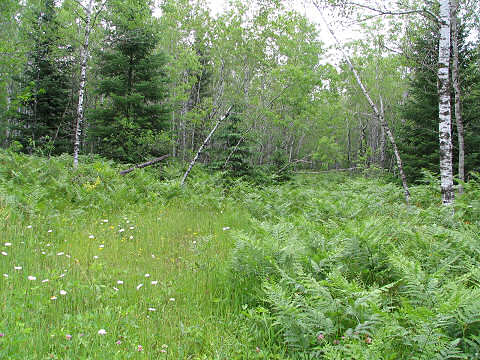 Wolves had found where he had bled the animal. They were raising quite a racket. We didn’t know what time they may take our scent and follow to where we had dragged our find. Wayne was usually much better than I at keeping track of where we were. I told him I was lost, then he admitted that he also wasn’t too sure of where we were. The teacher yelled, “What’s the matter with you fellows, don’t you know which way to go?”
Wolves had found where he had bled the animal. They were raising quite a racket. We didn’t know what time they may take our scent and follow to where we had dragged our find. Wayne was usually much better than I at keeping track of where we were. I told him I was lost, then he admitted that he also wasn’t too sure of where we were. The teacher yelled, “What’s the matter with you fellows, don’t you know which way to go?”
We told him if he knew so much about directions, why didn’t he take the lead. He stumbled behind us, trying to hurry us along. We had all we could do to pull that heavy animal. Finally we topped a small hill, and found a car in the distance with its parking lights on.
Sadly, while it was good, it was also bad! We figured it was a game warden waiting for us to show up! Oh, boy, we would be in serious trouble. We had no idea of who it was. We didn’t know what to do, or which way to turn. The deer was getting heavier at every step. We were just about played out. We were desperate and the teacher kept telling us that his car was in another direction, away from the parking lights, glowing in the dark woods. This really had us mixed up.
“You kids have lived here all your lives. You ought to know this country better than to get lost!”
Little Wayne spoke right up to him, “You are the one that is lost! If you’d let us alone we’d get out of this mess, but you keep telling us were going the wrong way!”
At that he cussed at us, saying that what we both needed was a good paddling!
Finally in desperation and afraid of the wolves in the dark, we headed straight toward the car lights. The teacher wanted to yell at us, but he was afraid the folks at the car would hear. As we were going downhill we could make pretty good time. By now it was about ten o’clock in the evening. Darkness had fallen some time back. We didn’t want to get stuck out there in those wolf infested sand plains any longer than was absolutely necessary. No matter who was at that car, we intended to go there regardless. We were scared.
When we got to the car, we were happy to find that it was the teacher’s car and the old boy had left his parking lights on. He didn’t even remember doing that! We were two very tired and happy kids. No game warden in sight. What a bunch of worrying for nuthing. We loaded up the deer into the car and returned home about midnight, glad to be out of the woods, away from the wolves, and back home, safe and sound.
Most Recent Articles by Robert F. Knapp (1913-1994)
- Poem: Evenin' by Robert Knapp
- Poem: The Little Kids (Robert and Wayne Knapp)
- Knapp Family: Our Introduction to the West in 1930
- Poem: The Good and the Bad by Robert Knapp
- The 1967 Trip Back to Taylor Rapids, Wisconsin


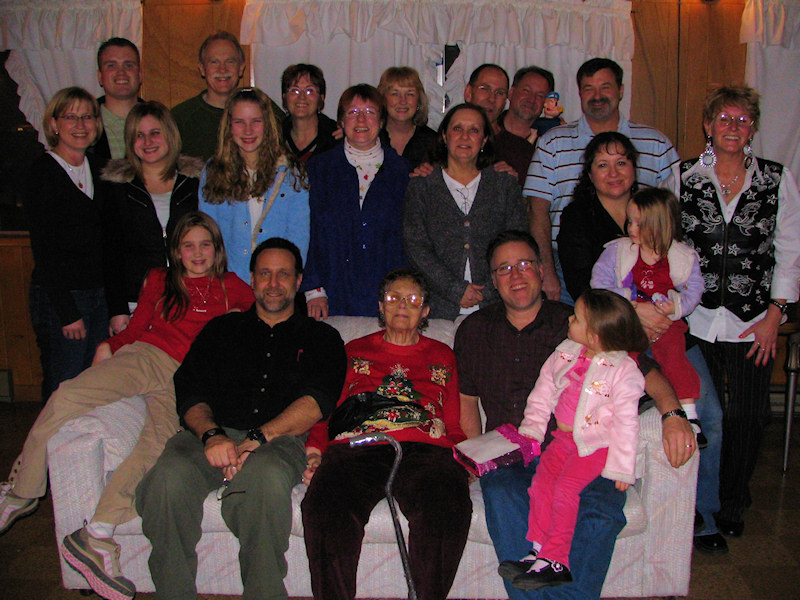
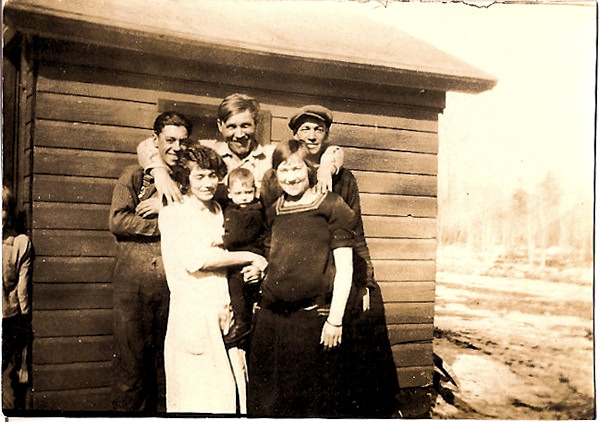
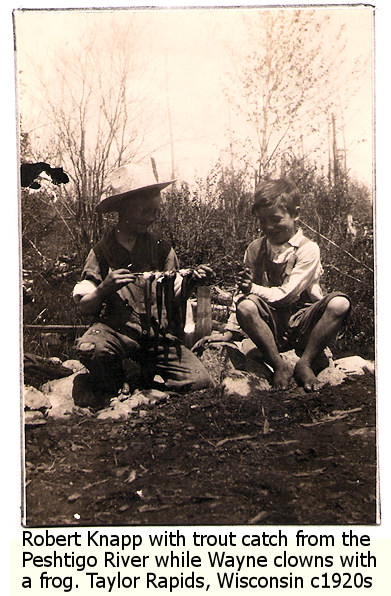
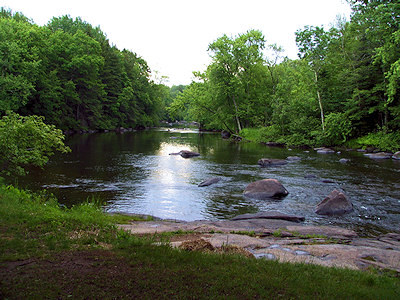
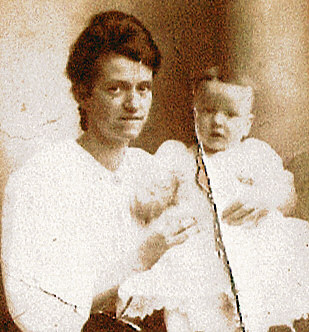
Pingback: Knapp Family: Our Introduction to the West in 1930 | Family History
Pingback: Visualizing the Peshtigo River and Impact on the Knapp Family | Family History
Pingback: Taylor Rapids, Wisconsin, The Town That Vanished | Family History